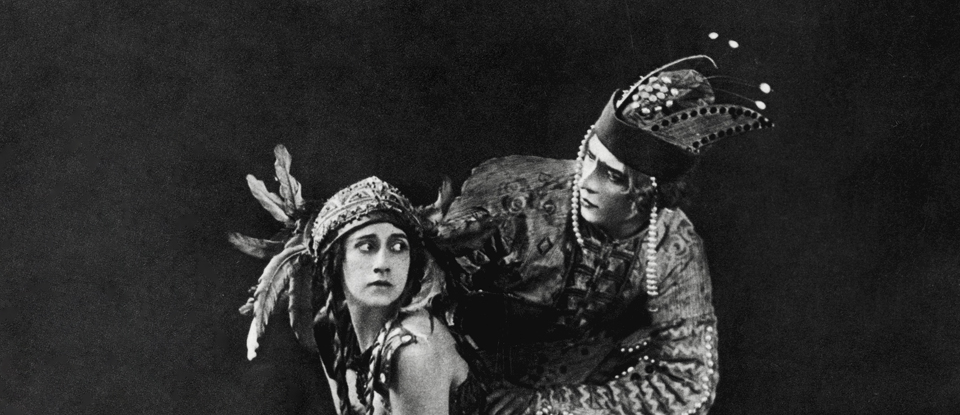There is this sort of myopia. Fiction is considered by some to have arisen and found its most eminent form within the United States withing the past forty years. Story telling is considered to be at its most important (or to only be important) when it regards the lives of certain people doing certain things, mostly domestic things among the wealthy or gritty sad things among the dispossessed. These stories in many ways mimic television: they are concerned primarily with an emotional undercurrent, one that is generally stark and palatable. They tend to avoid challenging the reader, avoid any tactics or tricks that might cause difficulty for some readers. But perhaps most importantly they tend to shy away from ideas.
But shouldn't there should be a more humble approach when writing fiction? What hubris to speak endlessly about the writers of the last forty years as if they stand out in any significant way. We can only stand to benefit from the understanding that we are all, as writers, coming into a tradition that is at least sixty thousand years old, which has arisen naturally in every human society in a multitude of forms and will continue on long after we have died. That we have in a sense a duty to perform. We should see ourselves in the stream of history and consider deeply and learn from our place in it. We should understand that while there are various styles of writing, there are likely to be styles that have not even been created yet, that the greatest novels to be written have not been written yet, that we are all mere blips in this process. We are in a certain sense obligated to the future and indebted to the past.
Maybe this is just a difference in taste, but I think these choices also have an impact on longevity as well as on importance. There is a quote about Borges, something like the man being 'The Heresiarch of the information age.' The story 'The Library of Babel' alone essentially presaged the rise of information theory and while it may not have directly caused or influenced the material progress it is astounding to think that this idea existed first in the mind of a short story writer. Kafka too, presaging in many ways the bureaucratic and political insanity of the twentieth century. There are so many examples of this kind of work, to varying degrees. There are writers of ideas, people who observed the world and worked in silence and allowed their minds to work in those dark places and created fiction that did not just tell a story or cause a rise of emotions but acted to augur or even shape the course of humanity.
Where do you stand in relation to these writers when you put out one more story about the plight of a middle class American family? What is the value of your work when compared to this?
This should be the role of the writer, not just to entertain, nor just to play games with form or trope or emotion. It is the writers role to stand at the forefront of the wave of the collective understanding and to turn around and call out what is seen. It is to be a scout ahead of the flock, to witness the path of the world and to act like an oracle. Surely most of these predictions will fail, but what about those that do not?

No comments:
Post a Comment